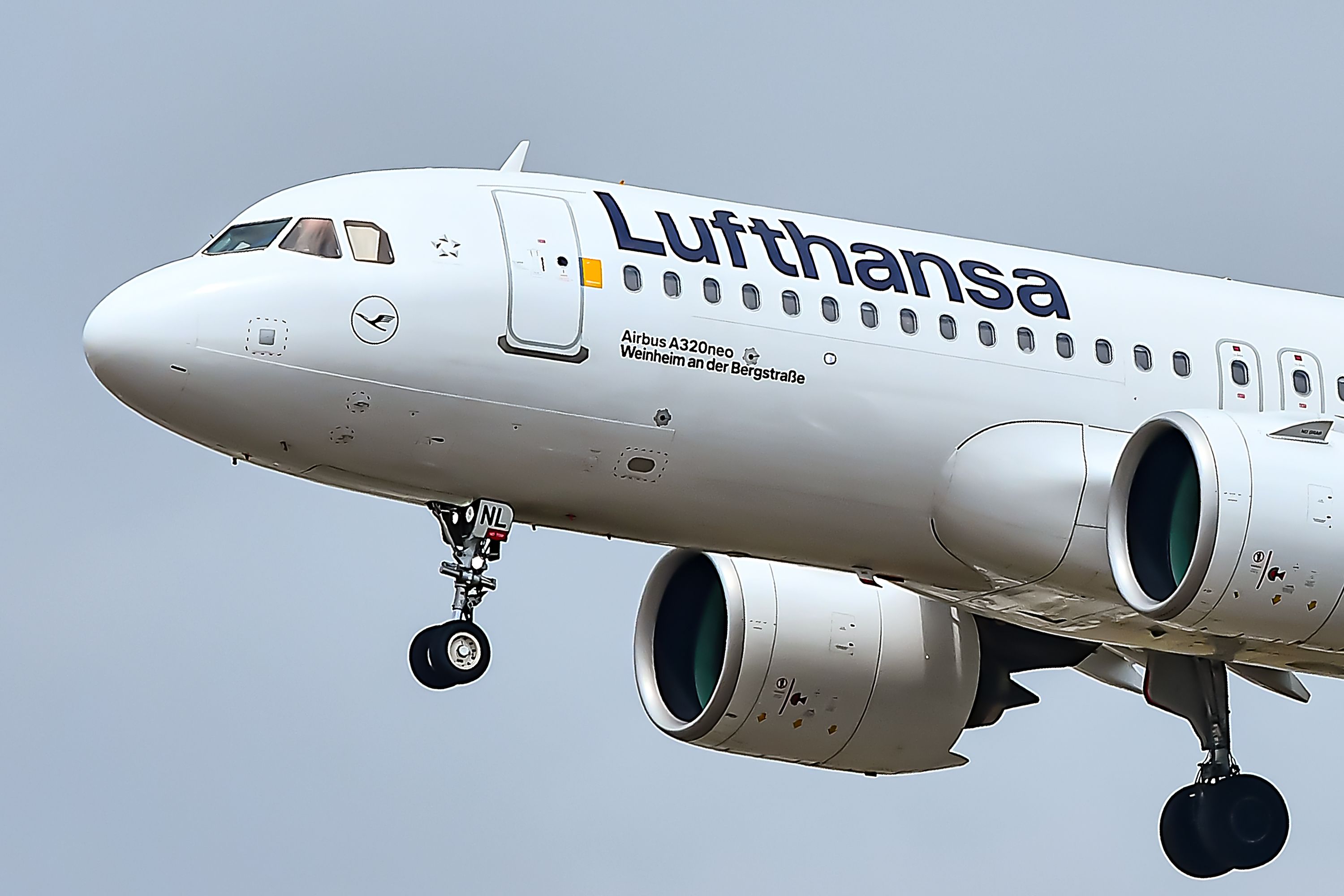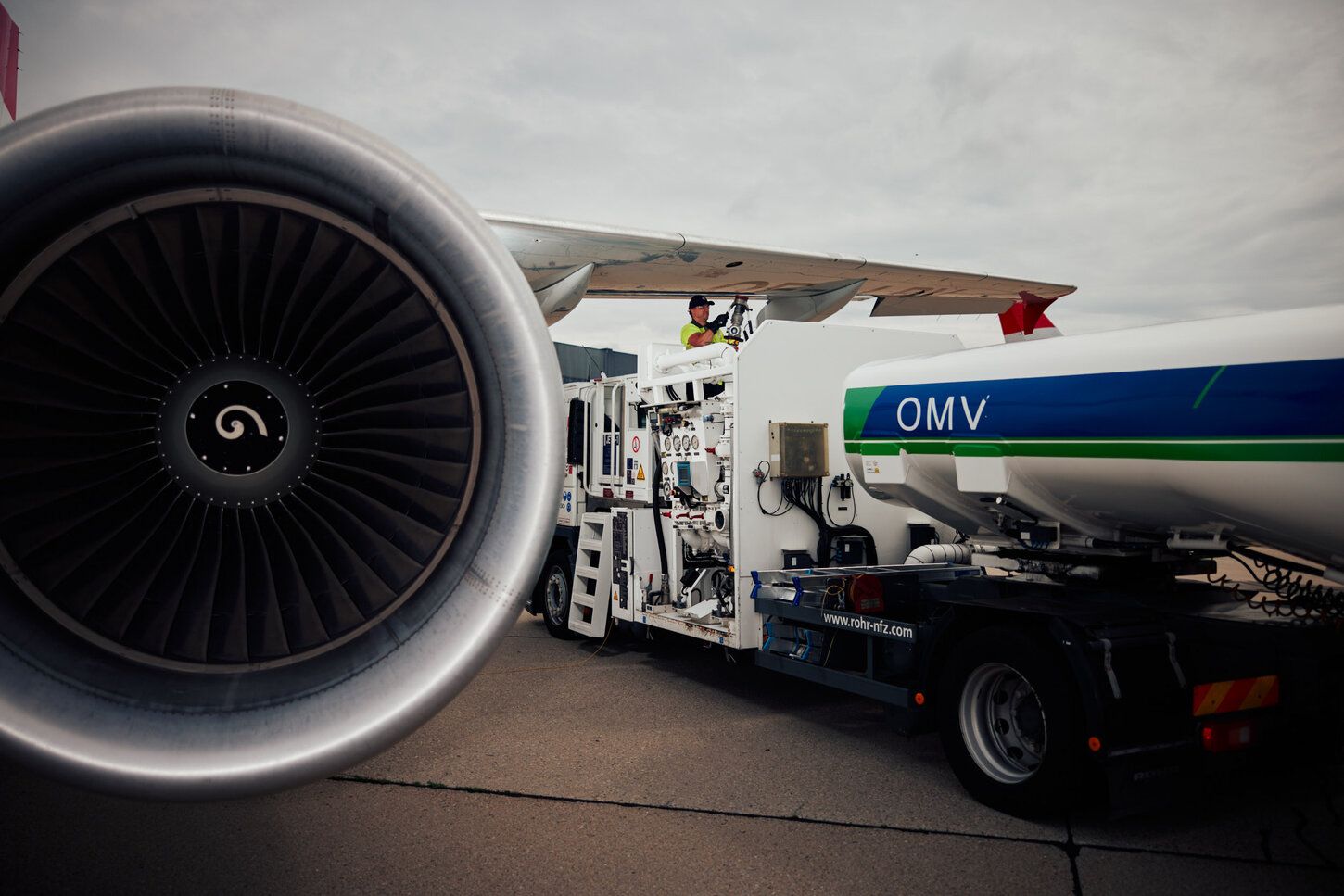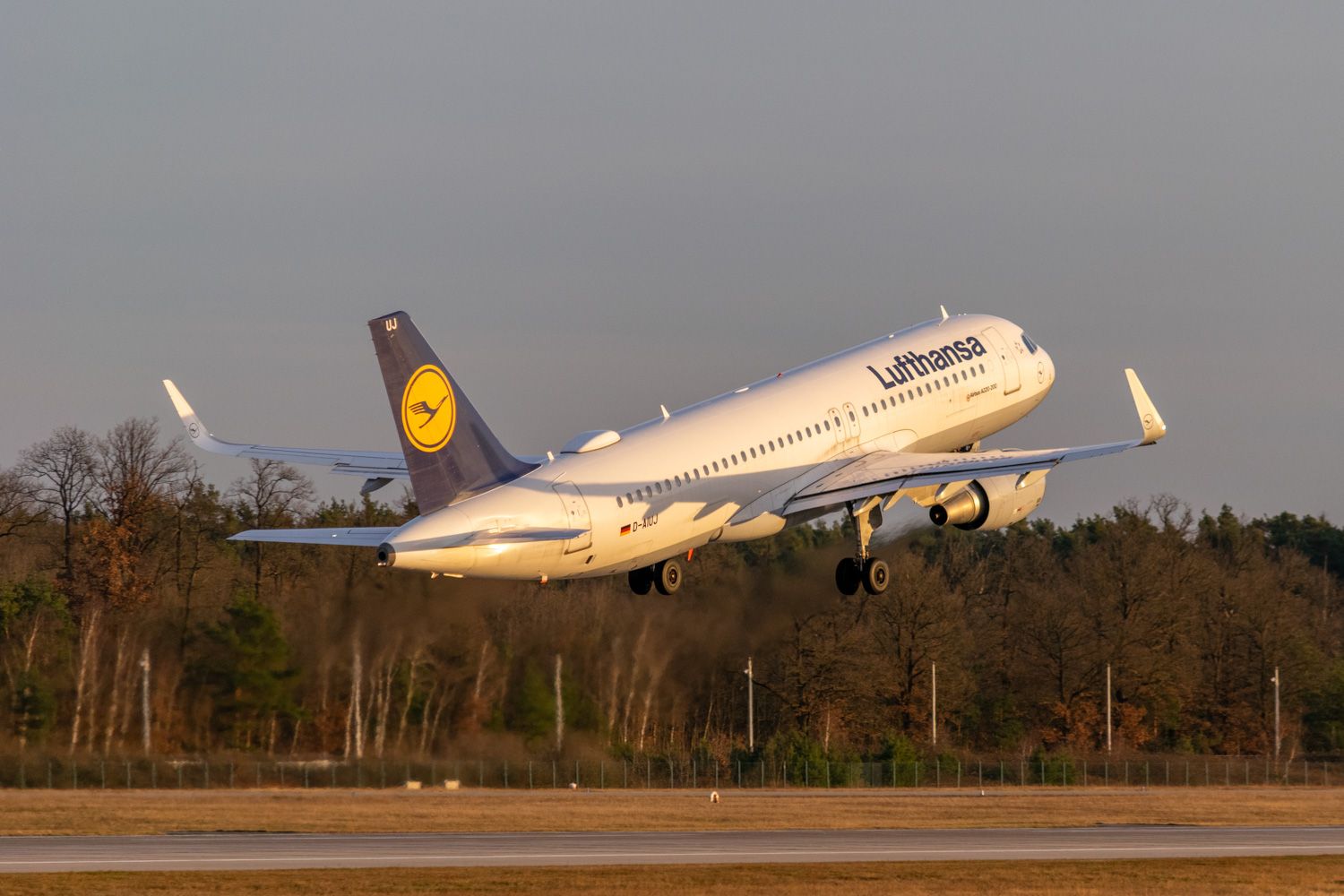The last couple of years has seen a practical avalanche of sustainable aviation fuel uptake agreements. As aviation needs large quantities of SAF at a reasonable price if it is to have any hope of reaching net-zero targets by 2050 (barring unforeseen technological breakthroughs in other types of propulsion), scaling production is absolutely crucial.
Meanwhile, some airlines are not content just passively purchasing SAF that is available now or in the future. They want to take a more active part in what may not be the most immediately visually relatable part of decarbonization compared to hydrogen planes (drop-in fuels are not exactly the stuff of sci-fi novels) but certainly one of the most important in the interim.
As such, Lufthansa has extended an existing partnership with Swiss energy company VARO. The two companies announced on Thursday that they had signed a Memorandum of Understanding (MoU) on the production and supply of SAF. They will also collaborate on innovative processes to produce green hydrogen from biogenic waste materials.
Green hydrogen will be crucial to producing so-called Power-to-Liquid fuels, which Lufthansa says is a particular focus for the carrier. Furthermore, it is looking to Sun-to-Liquid technologies, utilizing renewable energy in the form of solar thermal energy.
P2Ls and solar power
Last year, VARO announced the construction of a 19,000 photovoltaic panel solar park to power its refinery. Meanwhile, Lufthansa Group's SWISS is set to become the first recipient of Sun-to-Liquid fuel from a Swiss startup called Synhelion. The first batch is scheduled for delivery in 2023, and Lufthansa is also supporting the company with the commercial scaling of the product.
Lufthansa and VARO did not disclose the exact amount or type of SAF the new agreement would cover. The only information on offer thus far is that the "large volumes" could be delivered to "for example" Munich Airport.
However, VARO says that it aims to produce 260,000 tons of biogenic SAF per year from 2026. The company also has plans for 125MW of electrolyzer capacity for the production of green hydrogen, also by 2026.
European SAF leadership
United Airlines may be the biggest SAF airline customer globally. However, Lufthansa is leading the European league. Last year in October, the German flag carrier signed an agreement for up to 1.8 million tons of sustainable fuel from Shell. Deliveries will begin in 2024. Furthermore, the airline has an MoU with OMV for more than 800,000 tons to be delivered between 2023 and 2030. OMV has already been supplying SAF to Lufthansa's sister carrier Austrian Airlines at Vienna Airport since March 2022.
Across the Lufthansa Group airlines, customers are now offered the choice of adding a percentage of sustainable aviation fuel to their ticket during the booking process. While the fuel may not be loaded onto the exact flight, it can be leveraged elsewhere, thus resulting in a corresponding emissions reduction on another service.
Want to know more about sustainability in aviation?



